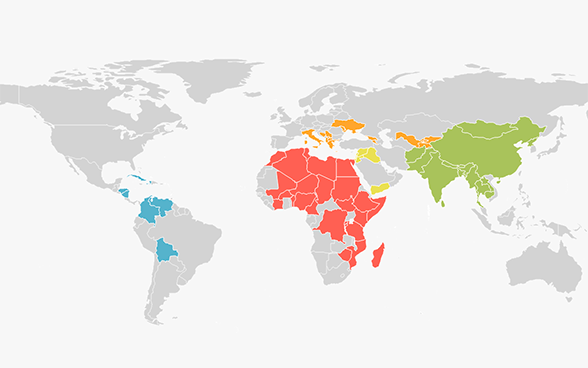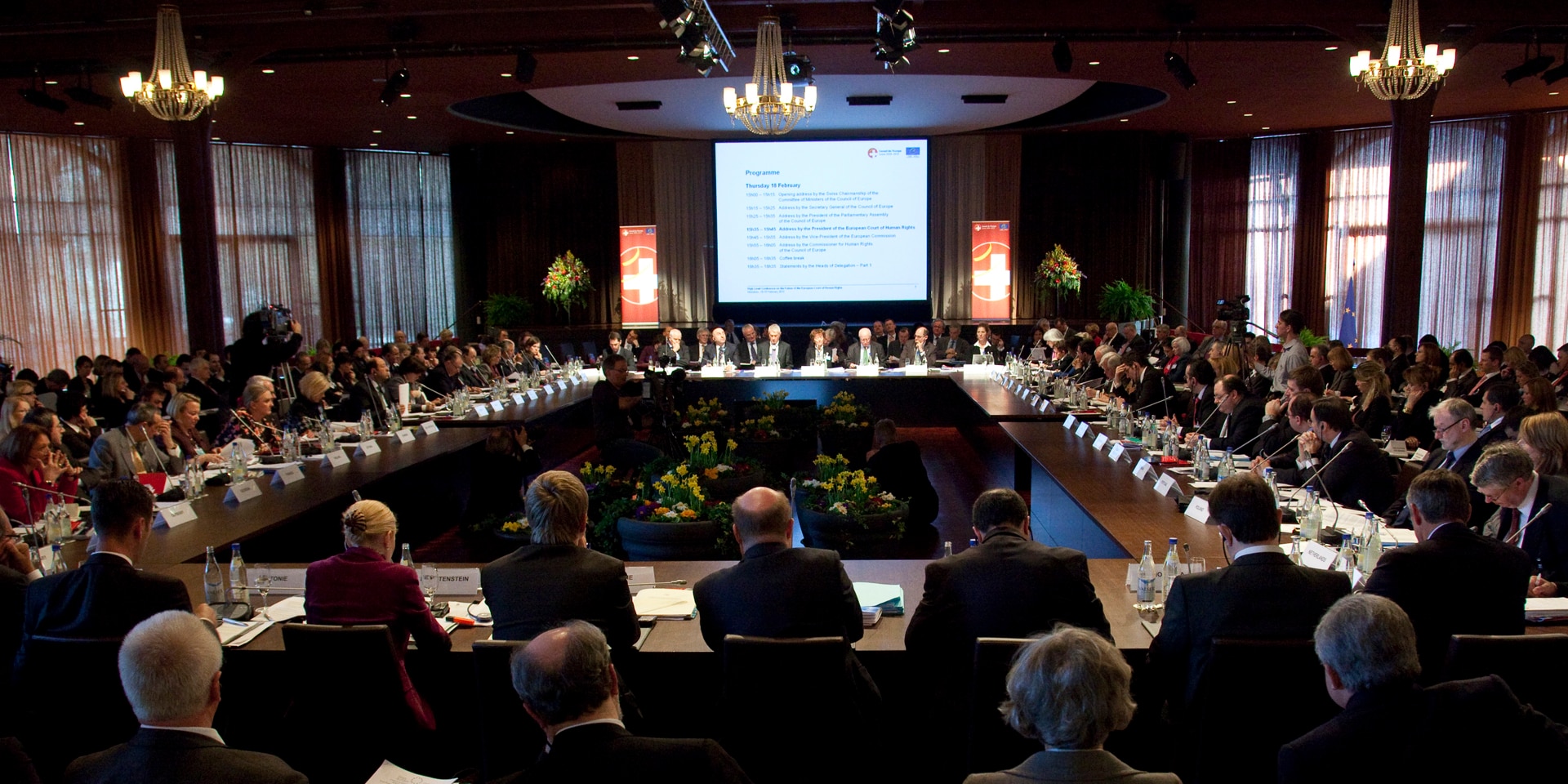China is the world's second-largest national economy and the only large nation to have escaped a recession caused by the COVID-19 pandemic. In just a few decades, its development model and disciplined economic policies have lifted hundreds of millions out of poverty, allowing China to position itself as an exemplar in global efforts to eradicate poverty. Already a pacesetter in industries from robotics to AI, China is on the path to become a global leader in key technologies including green tech.
Switzerland has a 70-year history of close cooperation with the People's Republic of China (PRC). In 1950, Switzerland was one of the first European states to recognise the PRC. This first step developed into a relationship of reciprocity – and mutual respect for political, social and economic differences – between our two nations. Today, Swiss-China relations can build on a free trade agreement, an innovative strategic partnership, and dozens of channels for dialogue. As Switzerland and China become increasingly connected, some areas of Swiss-China relations have become more complicated in recent years. Differing values are coming to light more frequently and more clearly than before. However, constructively critical dialogue has always formed the basis of the solid and extensive bilateral framework that Switzerland and China enjoy today.
Coherence is the crucial challenge
Policy coherence is a challenge when it comes to China. China is Switzerland's third-largest trading partner worldwide, and its main trading partner in Asia. In a short time, the PRC's economic and political power has grown rapidly, and this is reflected in far-reaching geopolitical aspirations. But China's growing economic influence is accompanied by aspects that are more difficult to accept. In response to China's authoritarian turn in its domestic policy, Switzerland will continue to defend the fundamental values that underpin its foreign policy. Its commitment to democracy, the rule of law, human rights and a liberal international order remains central in this respect. As Federal Councillor Ignazio Cassis concludes in his foreword: "Pioneering spirit and pragmatism, in addition to a strong stance in the defence of Swiss interests and values, have moulded Switzerland's policy on China for seventy years. They will continue to do so."
Where China specifically is concerned, this may mean that our country faces conflicting objectives. Such conflicts are inherent in all policymaking, however, especially in foreign affairs. They reflect a pluralist political system and close integration of foreign and domestic policy, and must be addressed and resolved transparently.




